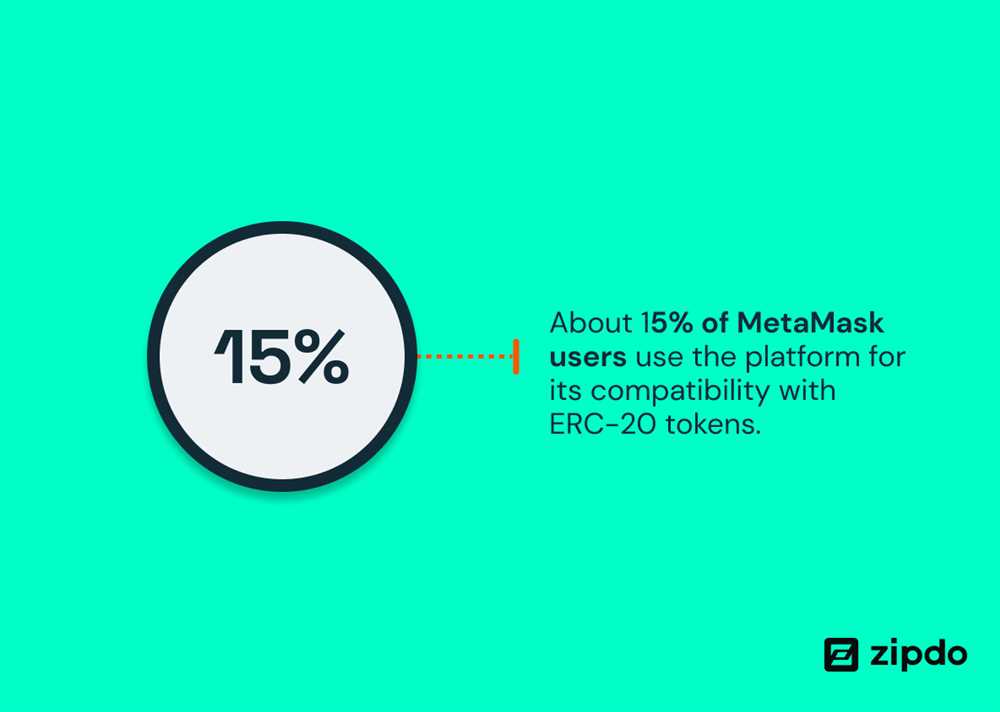
The rise of blockchain technology has brought about a whole new world of possibilities in the field of finance. As decentralized finance (DeFi) gains traction, the compatibility between different platforms and protocols becomes crucial. One of the most widely used platforms for interacting with decentralized applications (dApps) is Metamask, a browser extension wallet that allows users to securely manage their cryptocurrencies and interact with various dApps.
Metamask, built on the Ethereum blockchain, has gained popularity due to its user-friendly interface and reliable security measures. It enables users to seamlessly interact with Ethereum-based dApps and perform transactions with ether, the native cryptocurrency of Ethereum. However, with the increasing adoption of ERC20 tokens, which represent fungible assets on the Ethereum blockchain, it becomes essential to explore the compatibility of Metamask with these tokens.
ERC20 tokens leverage the Ethereum blockchain’s infrastructure and follow a set of standards, allowing for seamless integration with various decentralized applications. Metamask, being an Ethereum-based wallet, supports ERC20 tokens, providing users with the ability to manage and transact these tokens effortlessly. Users can add custom ERC20 tokens to their Metamask wallet by providing the token contract address, symbol, and decimal places.
With the compatibility of Metamask with ERC20 tokens, users can participate in token sales, trade these tokens on decentralized exchanges (DEXs), and even use them as means of payment in various platforms and dApps. The ease of use and security offered by Metamask makes it a preferred choice for token holders and DeFi enthusiasts who seek seamless integration with Ethereum-based protocols.
Understanding Metamask and Its Features

Metamask is a browser extension that allows users to interact with Ethereum blockchain-based applications. It provides a user-friendly interface and acts as a bridge between users and decentralized applications (dApps). With Metamask, users can securely manage their Ethereum accounts, store their private keys, and easily access dApps without having to run a full Ethereum node.
One of the key features of Metamask is its ability to manage ERC20 tokens. ERC20 tokens are fungible tokens built on the Ethereum blockchain that follow a certain set of standardized rules. These tokens can represent virtual assets, commodities, or even real-world assets. Metamask allows users to view their ERC20 token balances, send and receive tokens, and interact with dApps that use ERC20 tokens.
Metamask also supports hardware wallets, such as Ledger and Trezor, for added security. By connecting a hardware wallet to Metamask, users can protect their private keys and sign transactions securely. This feature ensures that even if a user’s computer is compromised, their funds remain safe.
Furthermore, Metamask provides users with a customizable gas fee feature. Gas is the unit used on the Ethereum network to measure the computational effort required to execute a transaction or perform an operation. Metamask allows users to manually adjust the gas fee, depending on the urgency of their transactions. This feature gives users greater control over their transactions and ensures that they have a faster or slower confirmation time, depending on their needs.
In summary, Metamask is an essential tool for anyone looking to interact with Ethereum-based applications. Its user-friendly interface, support for ERC20 tokens, compatibility with hardware wallets, and customizable gas fee feature make it a powerful and versatile tool for managing Ethereum accounts and interacting with the ecosystem.
Key Features of Metamask
Metamask is one of the most popular and widely used web3 wallets for interacting with Ethereum-based applications. It offers several key features that make it a convenient and user-friendly choice for managing ERC20 tokens:
1. Ethereum Wallet

Metamask acts as a digital wallet, allowing users to securely store and manage their Ethereum and ERC20 tokens. It provides a simple interface for viewing account balances, transaction history, and sending and receiving tokens.
2. Browser Extension

Metamask is available as a browser extension for Google Chrome, Mozilla Firefox, and Brave. This allows users to seamlessly integrate it with their web browser and easily access their wallet while browsing Ethereum-enabled websites.
3. Seed Phrase Backup

During the initial setup process, Metamask generates a unique seed phrase, also known as a recovery phrase or mnemonic. This seed phrase can be used to restore the wallet on any device, making it easy to recover funds if the original device is lost or damaged.
4. Multiple Networks

Metamask supports multiple Ethereum networks, including the main Ethereum network (Mainnet), various test networks (such as Ropsten, Rinkeby, and Kovan), and custom networks. This allows users to seamlessly switch between different networks depending on their needs and preferences.
5. Token Swap
Metamask includes a built-in token swapping feature, which allows users to easily exchange one ERC20 token for another directly within the wallet. This eliminates the need to use external decentralized exchanges and simplifies the process of managing token portfolios.
6. Developer Tools
Metamask provides a range of developer tools and APIs for building decentralized applications (dApps) that interact with the Ethereum network. This includes web3 integration, allowing applications to request user signatures and interact with the user’s Metamask wallet.
7. Enhanced Security
Metamask prioritizes user security and privacy. It stores private keys locally on the user’s device and utilizes encryption to protect sensitive data. It also provides additional security features, such as password protection and the ability to lock the wallet when not in use.
Overall, the key features of Metamask make it an indispensable tool for users who want to securely manage their ERC20 tokens and interact with the Ethereum ecosystem.
Overview of ERC20 Tokens

ERC20 stands for Ethereum Request for Comments 20, and it is a standard for fungible tokens on the Ethereum blockchain. These tokens are commonly used to represent digital assets such as cryptocurrencies, tokens for decentralized applications (DApps), and other digital assets.
ERC20 tokens are governed by a set of rules and functions that define how these tokens can be transferred, stored, and managed. These rules include the total supply of tokens, the name and symbol of the token, and the functions that control token transfers and balances.
One of the main advantages of ERC20 tokens is their compatibility with the Ethereum ecosystem. This means that ERC20 tokens can be easily integrated and used within various Ethereum wallets, exchanges, and decentralized applications. The most popular Ethereum wallet that supports ERC20 tokens is MetaMask.
With MetaMask, users can store, manage, and interact with ERC20 tokens directly from their Ethereum wallet. They can send and receive ERC20 tokens, view their token balances, and even participate in token sales and decentralized finance (DeFi) protocols that are built on the Ethereum blockchain.
Furthermore, ERC20 tokens are also compatible with smart contracts on the Ethereum blockchain. This means that developers can create and deploy smart contracts that interact with ERC20 tokens, enabling a wide range of applications and use cases.
Overall, ERC20 tokens have become an essential component of the Ethereum ecosystem, providing a standardized and interoperable framework for the creation and management of digital assets on the Ethereum blockchain.
What are ERC20 Tokens?
ERC20 tokens are a type of digital asset that are built on the Ethereum blockchain. ERC20 stands for Ethereum Request for Comment 20, which is the standard interface for creating and interacting with smart contracts that represent tokens on the Ethereum network.
ERC20 tokens are fungible, meaning that each token is interchangeable with another token of the same type. They can be used to represent any type of asset or utility, such as currencies, commodities, or even voting rights.
One of the advantages of ERC20 tokens is that they can be easily transferred and traded on decentralized exchanges, making them highly liquid. They can also be used in decentralized applications (dApps) and for various blockchain-based services.
Benefits of ERC20 Tokens

There are several benefits of using ERC20 tokens:
- Interoperability: Since ERC20 tokens are built on the Ethereum blockchain, they can easily interact with other smart contracts and dApps in the Ethereum ecosystem.
- Standardization: The ERC20 standard provides a common set of rules and methods for the creation and management of tokens, making it easier for developers to create and work with different tokens.
- Transparency: All transactions and operations involving ERC20 tokens are recorded on the Ethereum blockchain, ensuring transparency and immutability.
- Liquidity: ERC20 tokens can be easily traded on decentralized exchanges, providing liquidity and enabling efficient price discovery.
- Accessibility: ERC20 tokens can be stored and accessed through various Ethereum wallet solutions, giving users full control over their tokens.
Examples of ERC20 Tokens

There are thousands of ERC20 tokens that have been created for various purposes. Some of the most well-known examples include:
- ETH (Ethereum): The native cryptocurrency of the Ethereum blockchain.
- USDT (Tether): A stablecoin that is pegged to the value of the US dollar.
- LINK (Chainlink): A token used to incentivize and pay for services on the Chainlink network.
- UNI (Uniswap): The governance token of the decentralized exchange Uniswap.
These are just a few examples, and the list of ERC20 tokens is constantly growing as new projects and applications are developed on the Ethereum blockchain.
Uses and Benefits of ERC20 Tokens
ERC20 tokens, which are built on the Ethereum blockchain, have gained significant popularity in the world of decentralized finance (DeFi) and Initial Coin Offerings (ICOs). These tokens have a wide range of uses and offer several benefits to users:
- Standardization: ERC20 tokens follow a set of rules and standards, making them highly compatible with various wallets, exchanges, and other platforms. This standardization ensures seamless integration and easy accessibility for users.
- Interoperability: ERC20 tokens can interact with other tokens and smart contracts on the Ethereum blockchain. This interoperability allows for the creation of complex decentralized applications (dApps) and facilitates the seamless transfer and exchange of tokens.
- Tokenization of Assets: ERC20 tokens enable the tokenization of real-world assets, such as real estate, art, or even intellectual property. This tokenization process provides increased liquidity, fractional ownership, and easier transferability of these assets.
- Crowdfunding and ICOs: ERC20 tokens have become the de facto standard for conducting Initial Coin Offerings (ICOs) and crowdfunding campaigns. These tokens provide a simple and secure way for companies and projects to raise funds from a global audience.
- Loyalty Programs and Rewards: ERC20 tokens can be used to create loyalty programs, reward systems, and incentivize user participation. These tokens serve as an efficient digital currency for users to earn rewards, redeem discounts, or access exclusive services.
- Decentralized Exchanges (DEXs): ERC20 tokens are the primary tokens traded on decentralized exchanges (DEXs). These exchanges offer users a non-custodial and decentralized trading experience, enhancing privacy, security, and eliminating the need for intermediaries.
- Governance and Voting: ERC20 tokens can be used for governance and voting rights in decentralized autonomous organizations (DAOs) and other governance systems. Token holders can participate in decision-making processes, propose changes, and vote on key matters.
In conclusion, ERC20 tokens have revolutionized the blockchain industry by offering a standardized and interoperable tokenization solution. They have enabled innovative use cases and provided numerous benefits to individuals, businesses, and the overall decentralized economy.
Frequently Asked Questions:
What is Metamask?
Metamask is a popular Ethereum wallet and browser extension that allows users to interact with decentralized applications (DApps) on the Ethereum blockchain.
What are ERC20 tokens?
ERC20 tokens are a type of cryptocurrency that uses the Ethereum blockchain. They follow a set of standard rules and protocols, which allows them to be easily exchanged and transferred between different wallets and platforms.
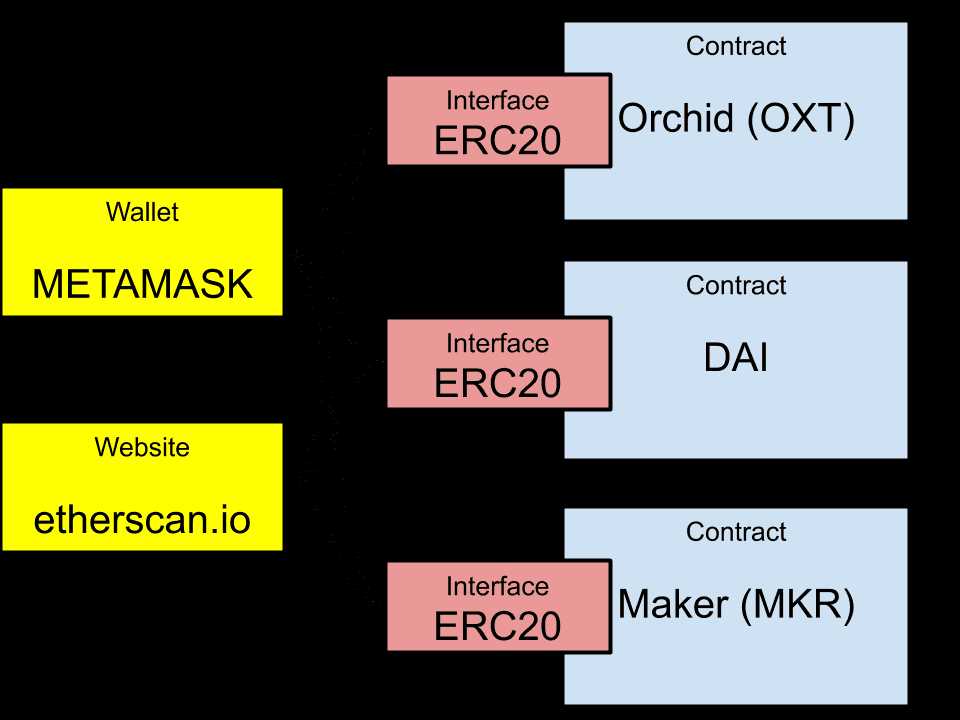

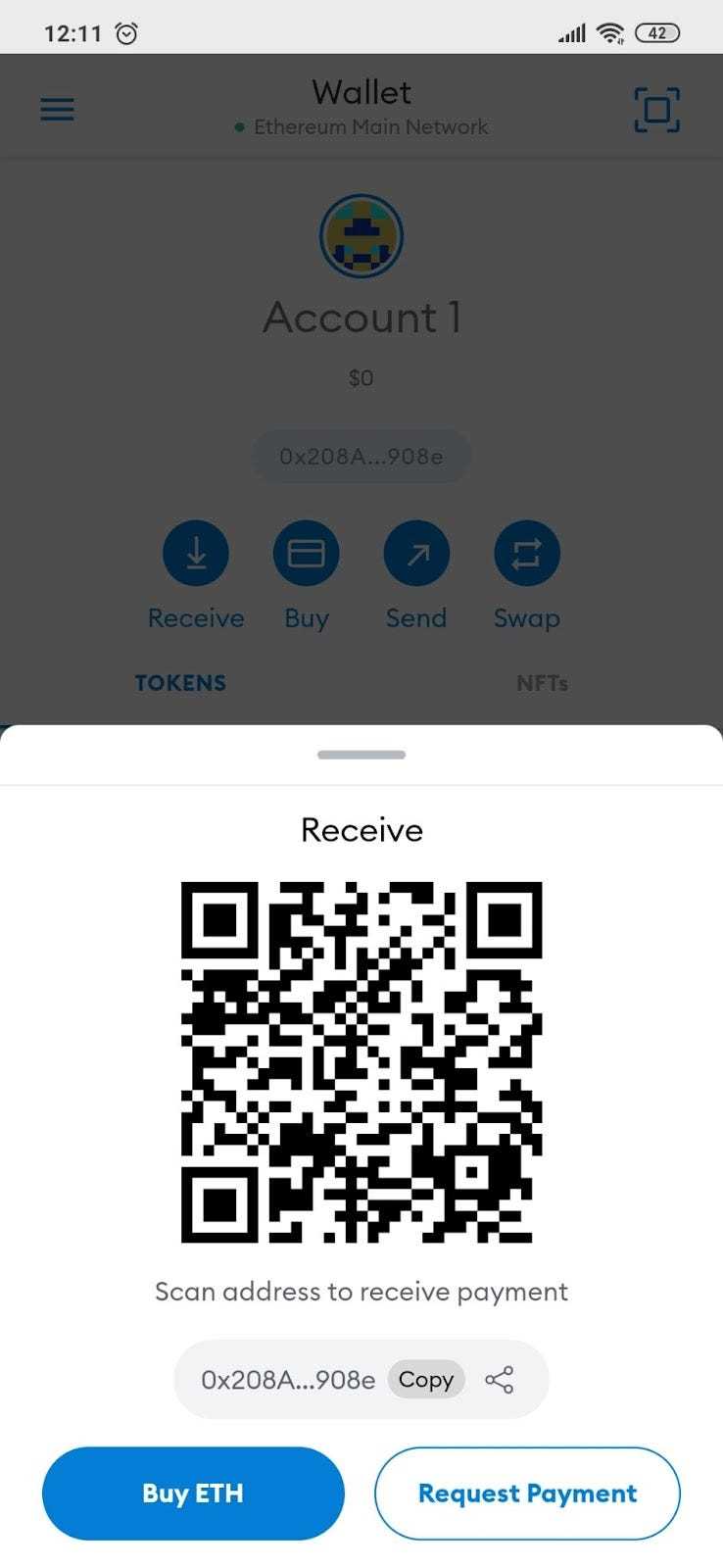
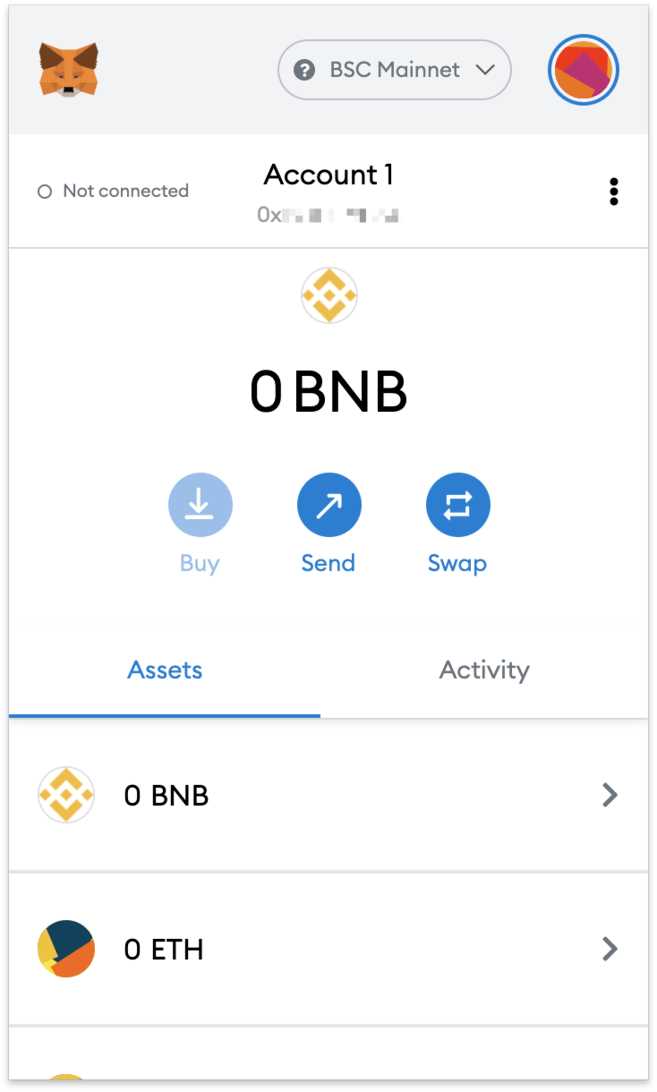
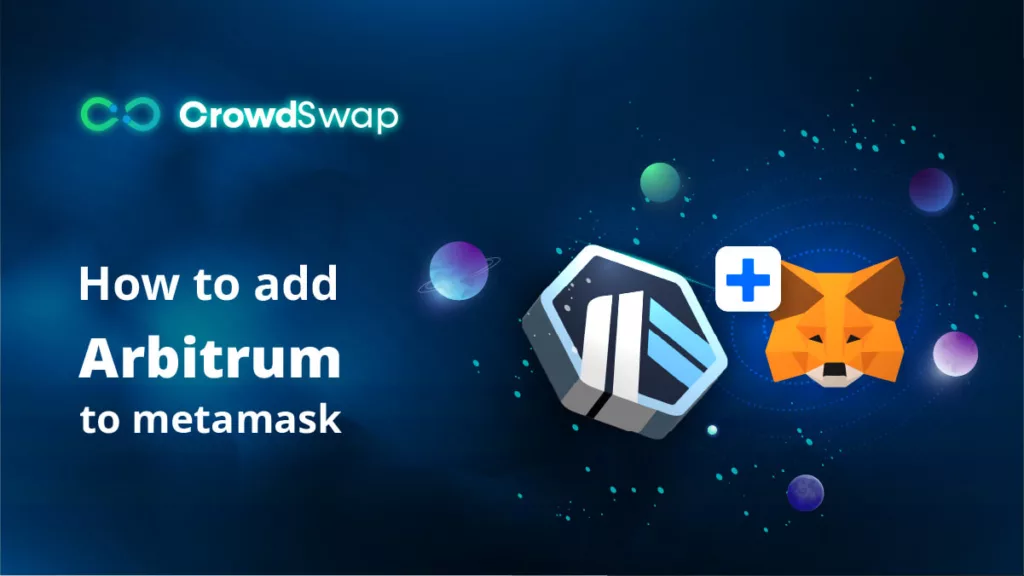
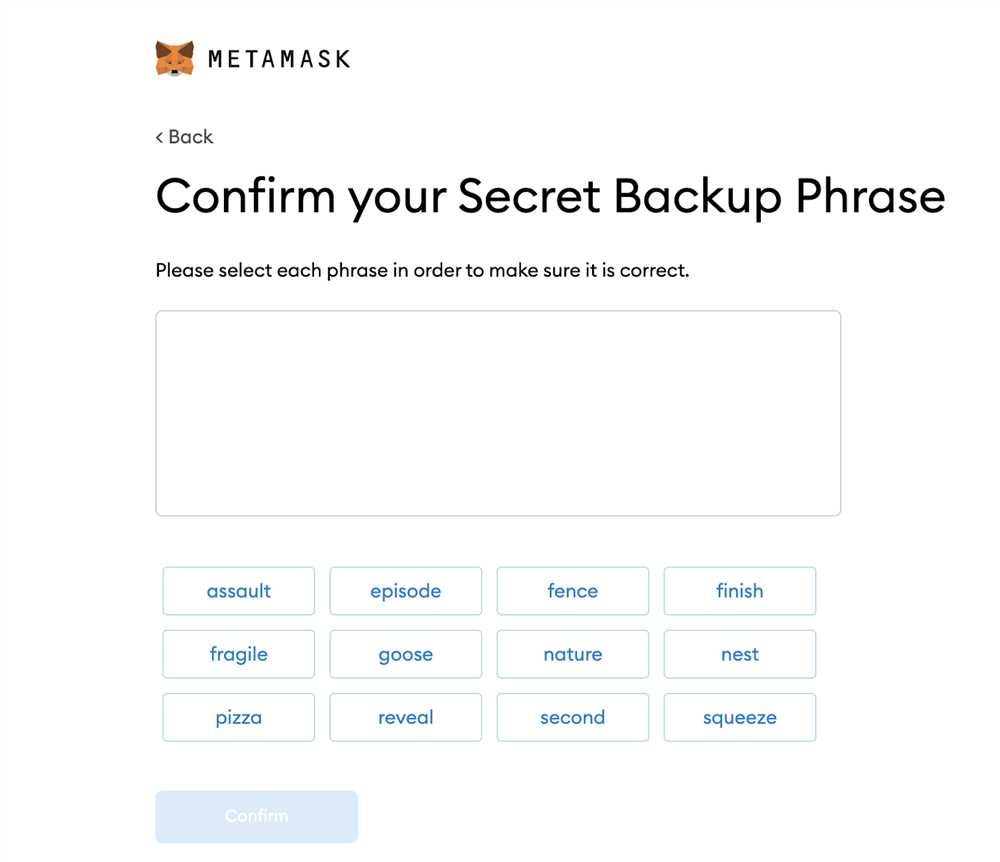
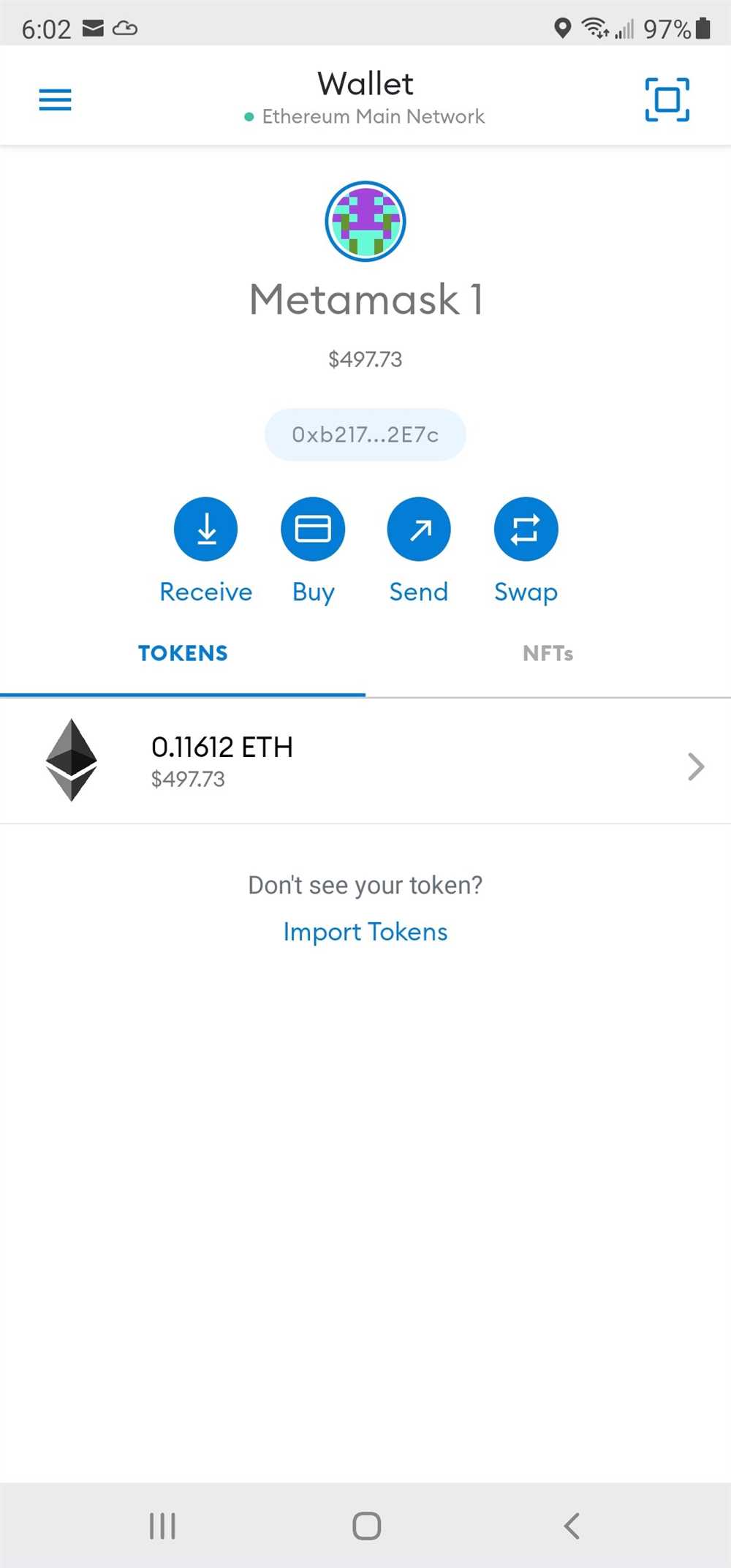
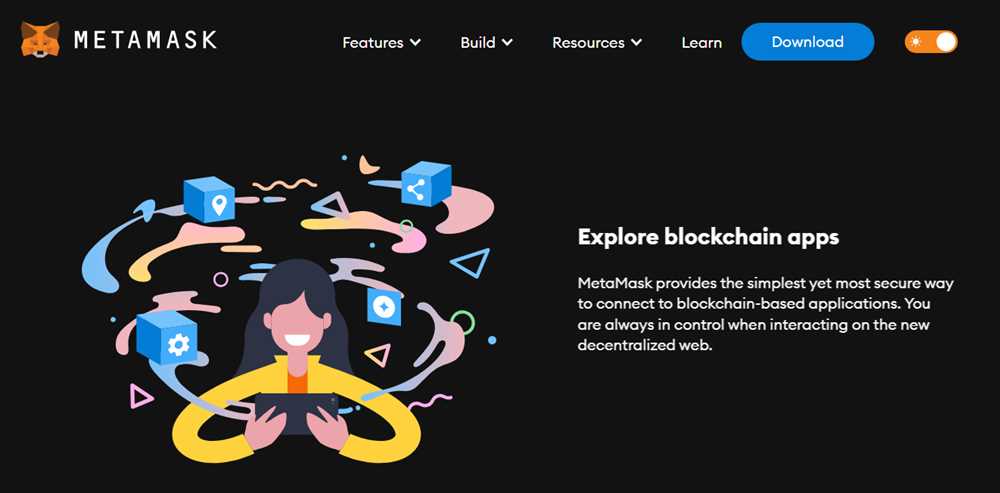
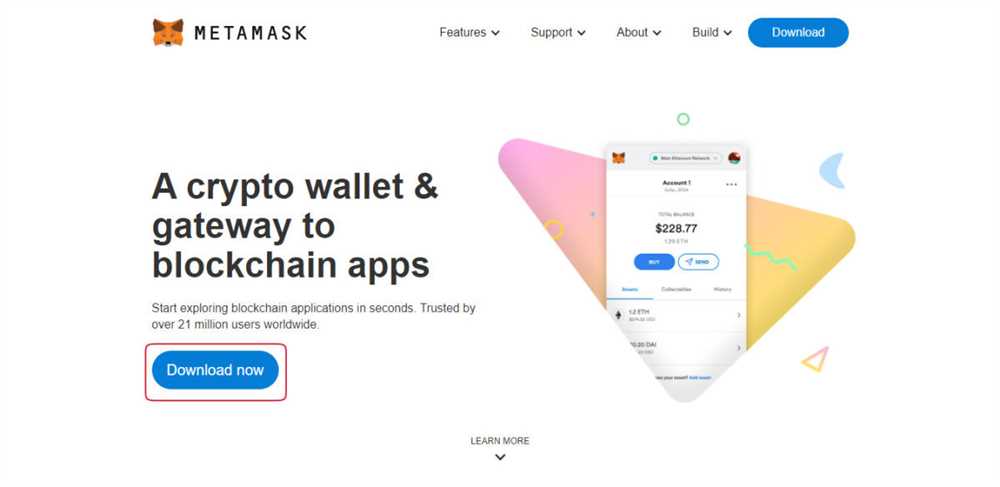
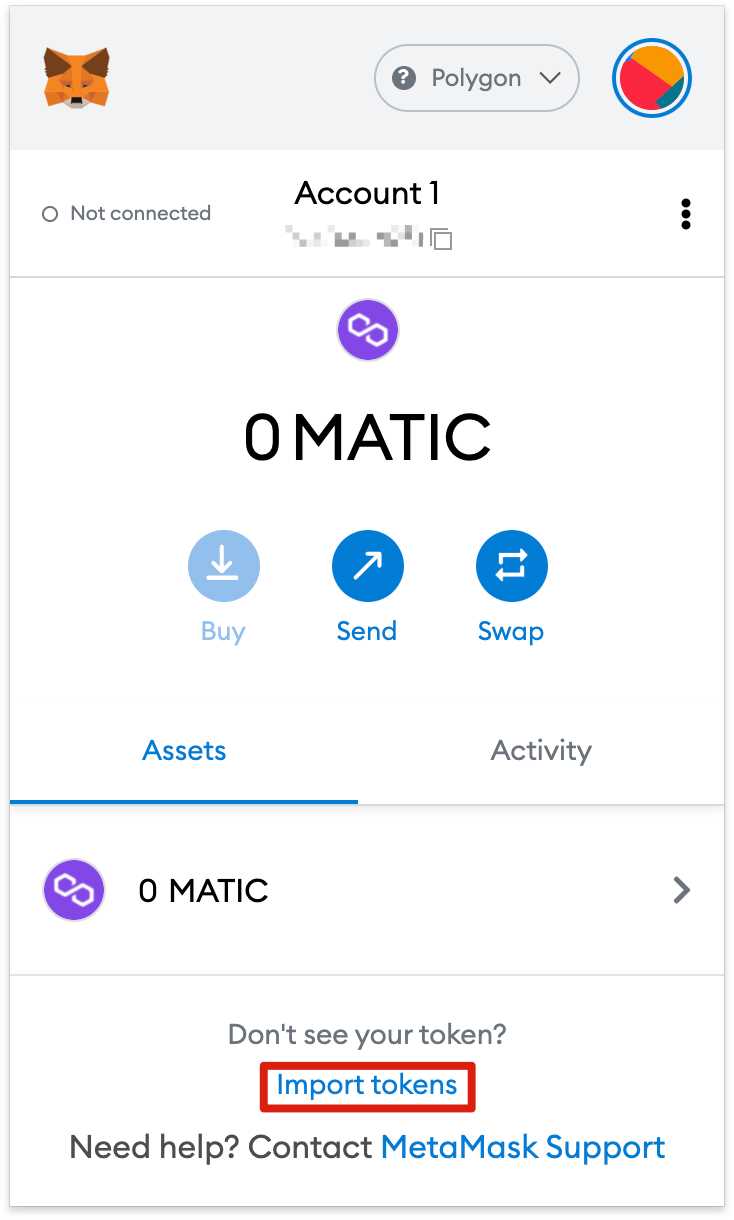
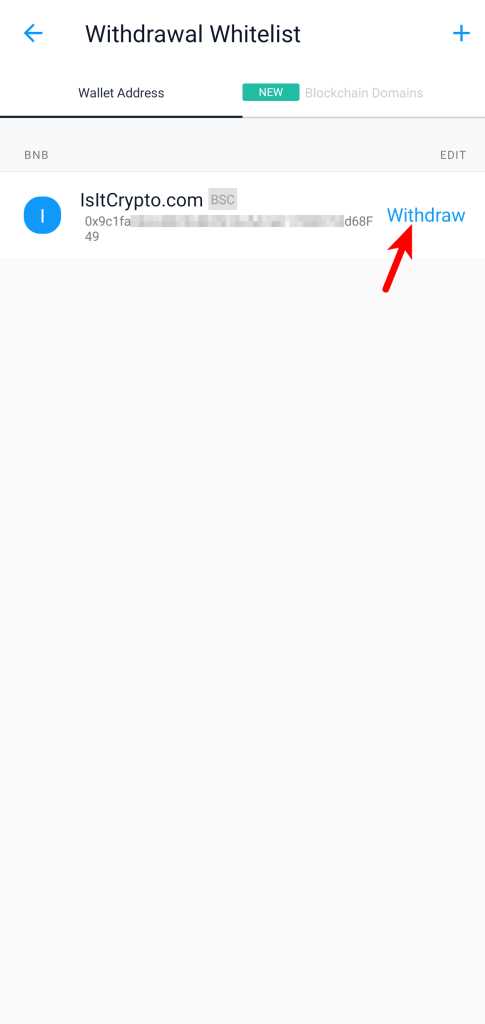
+ There are no comments
Add yours